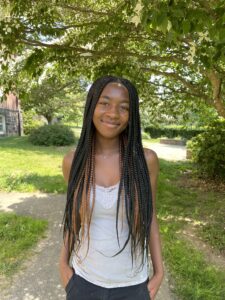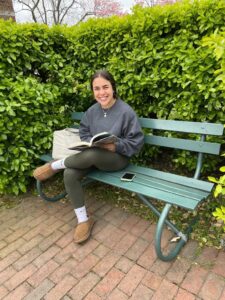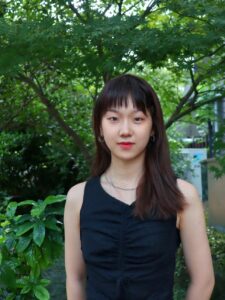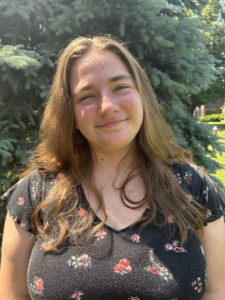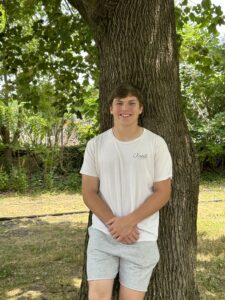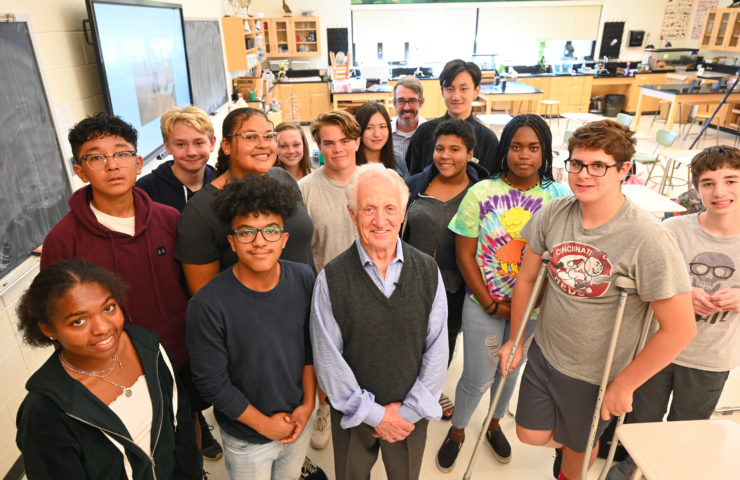
Nobel Prize winner and George School graduate, Dr. Mario Capecchi ’56, recently visited campus to teach science classes and meet with students. Mario’s research and work on gene targeting in mice is renowned in the field of science.
“Mario’s research opened the door for thousands of other scientists to investigate many diseases,” said Science Department Head Polly Lodge. “He has shared with us his research into cancer, cardiovascular disease, and developmental and psychiatric disorders, among others.”
Mario joined the lab of James D. Watson, the renowned co-discoverer of the structure of DNA, during his time at Harvard. Dr. Watson served as Mario’s thesis advisor, and in 1967, Mario received his PhD in biophysics. In 2007, Mario was awarded the Nobel Prize in Physiology or Medicine, a prize that he shared with Martin Evans and Oliver Smithies, “for their discoveries of principles for introducing specific gene modifications in mice by the use of embryonic stem cells,” said the Nobel Prize website.
“Giving students access to a Nobel Laureate can be such a profound opportunity,” said Polly. “Most people don’t get the chance to speak one-on-one with a scientist of his caliber. Mario’s humility and graciousness is incredible.”
“I appreciated Mario’s lectures because they overlapped with the material we are covering in class,” said Jada Wooten ’20. “Recently, my biology class performed a lab where we transferred a gene, pGLO, into bacteria. After injecting the gene and activating it with sugar, the bacteria glowed green, meaning we successfully performed a genetic transformation. Mario’s discussion of genetic transformation made us think beyond the classroom experiment to real world applications, such as medical advancements.”
When reflecting on his education and time at George School during a class visit, Mario said, “What’s important in education is maintaining your sense of curiosity. Education should not erase curiosity.”



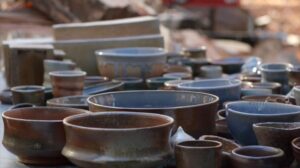
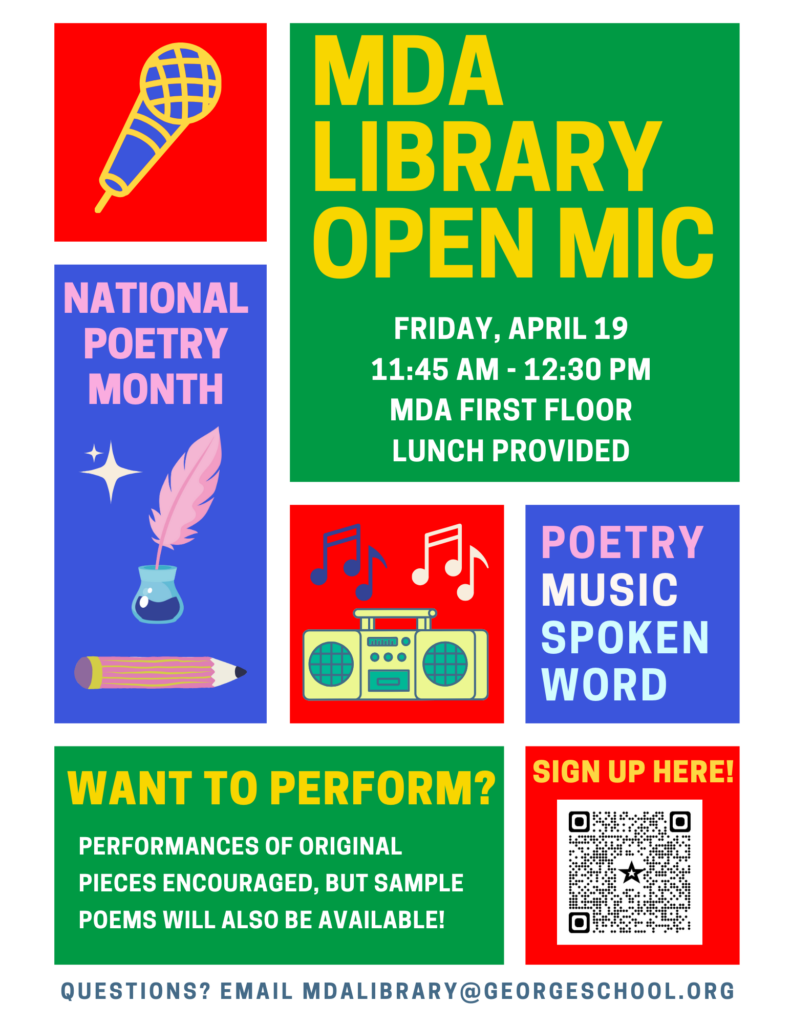
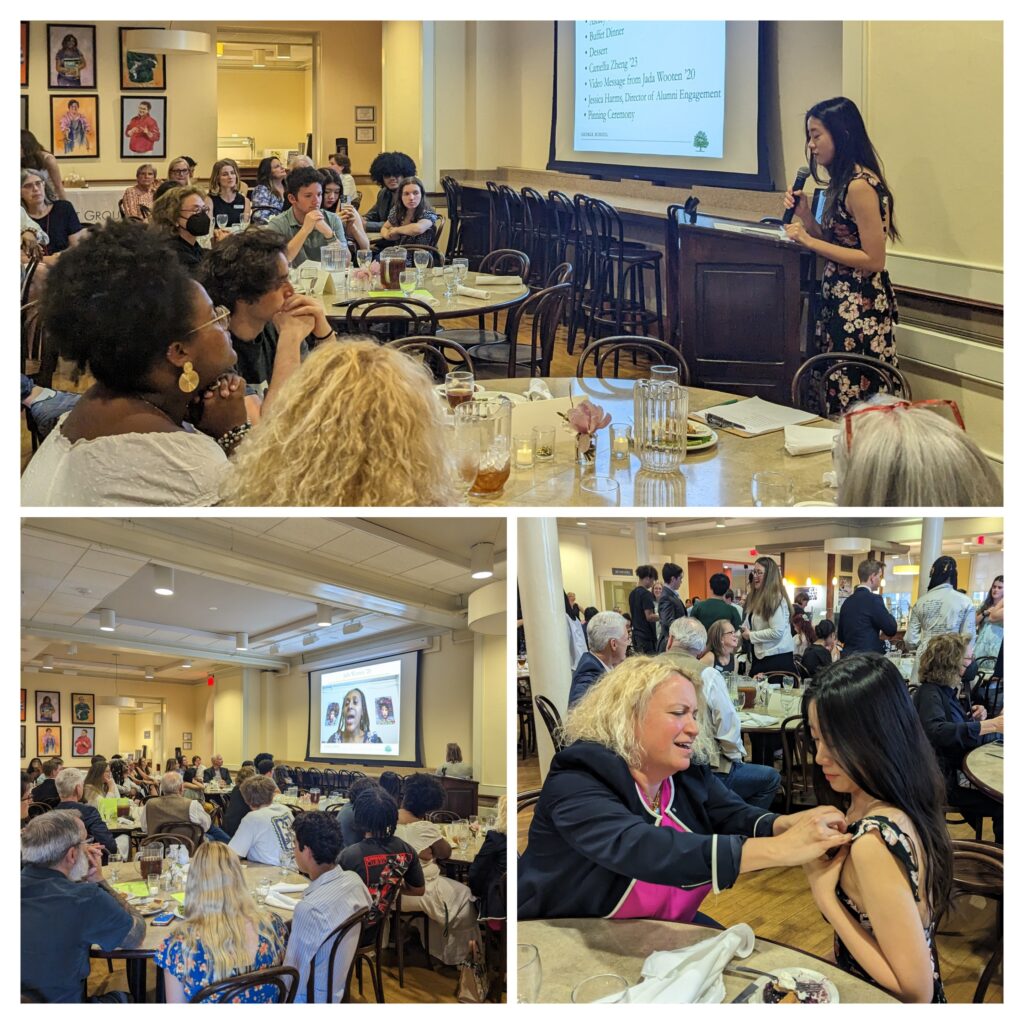
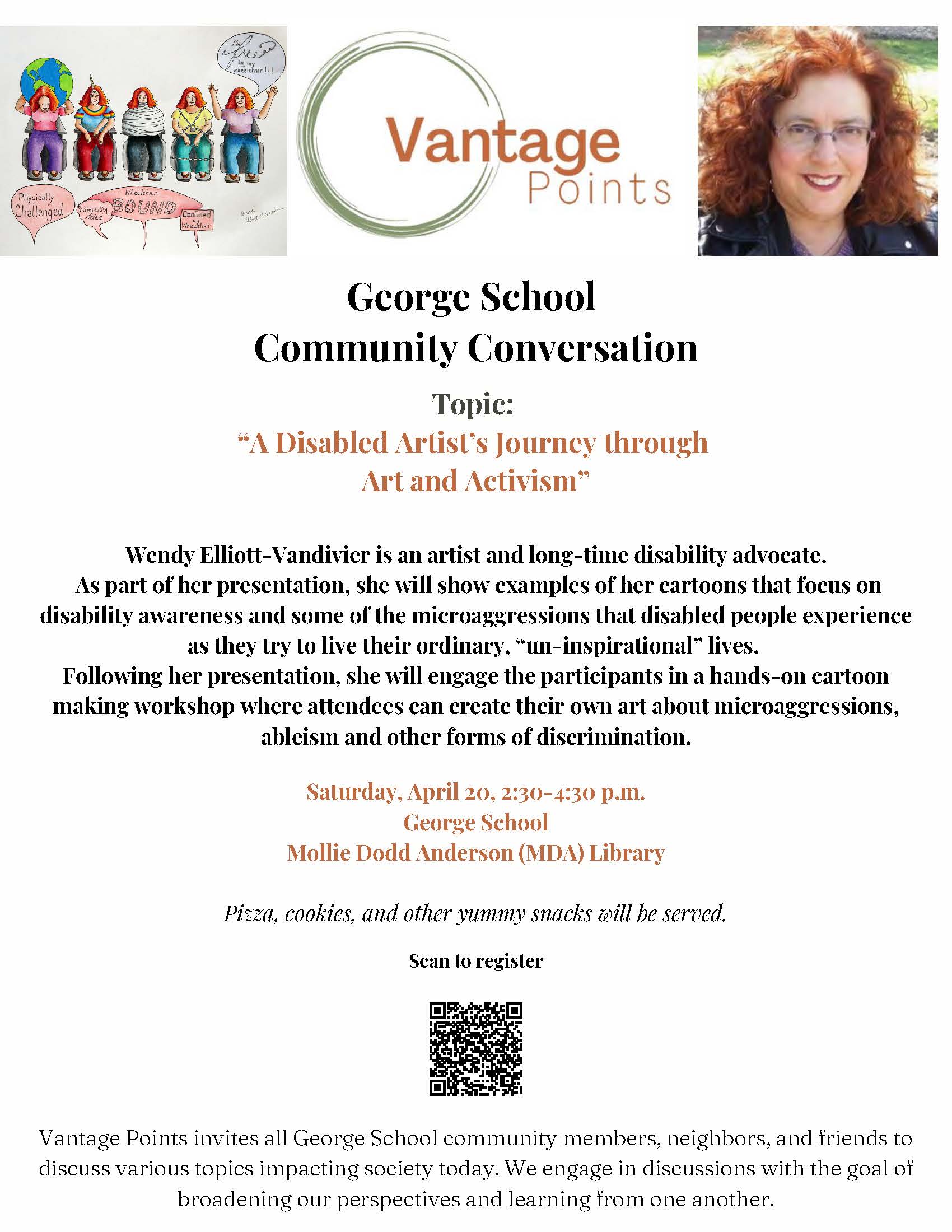
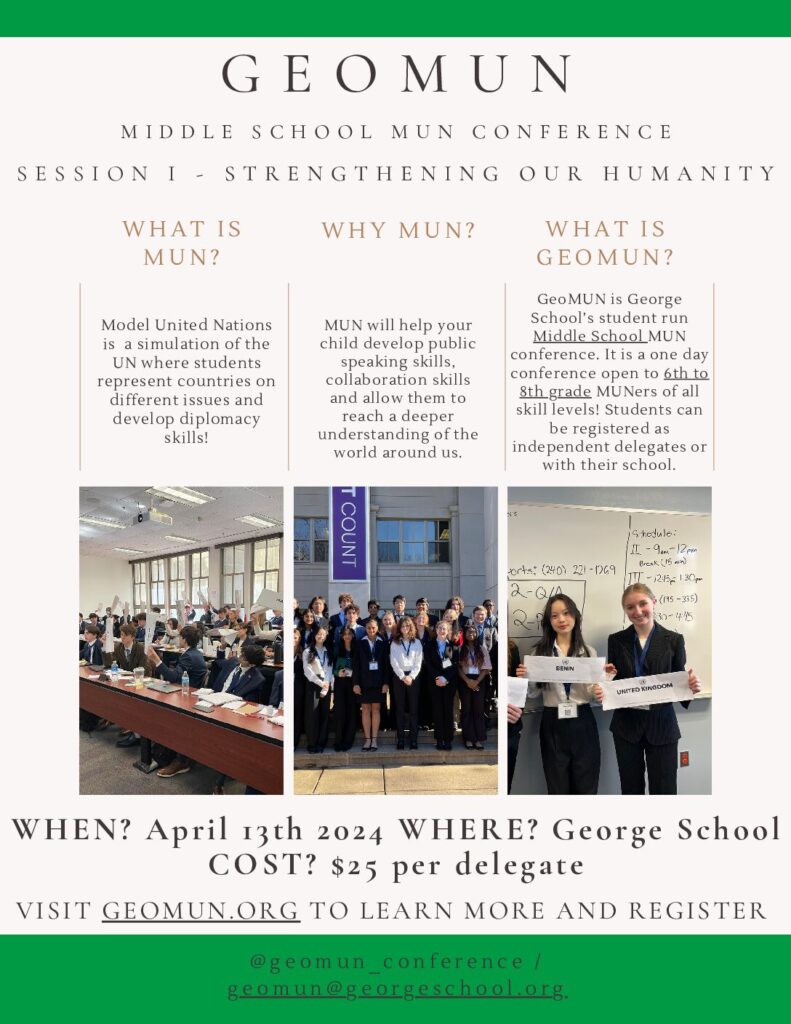

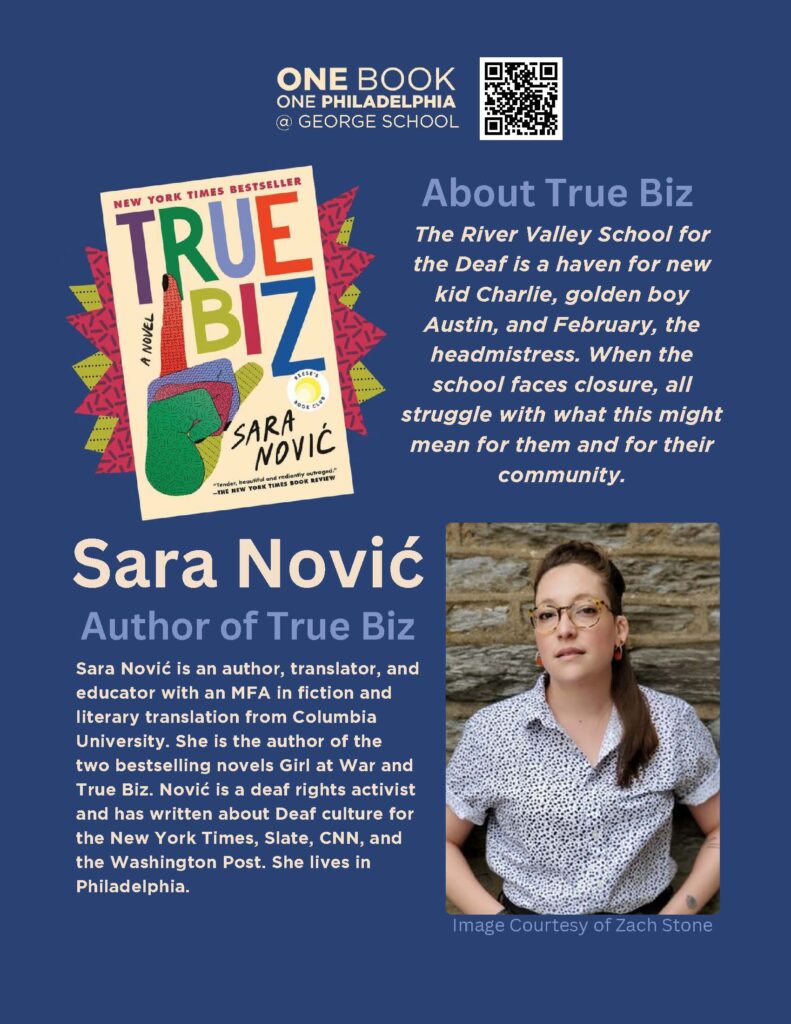
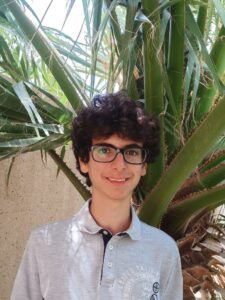 Monastir, Tunisia, and Amman, Jordan
Monastir, Tunisia, and Amman, Jordan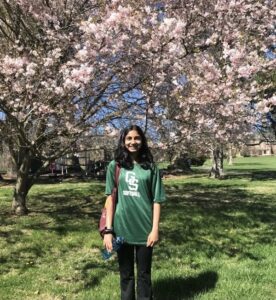 Irvine, CA
Irvine, CA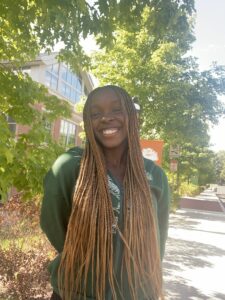 Feasterville-Trevose, PA
Feasterville-Trevose, PA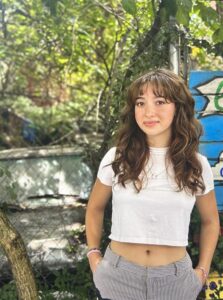 New Hope, PA (Previously NYC)
New Hope, PA (Previously NYC)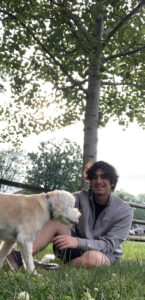 Richboro, PA
Richboro, PA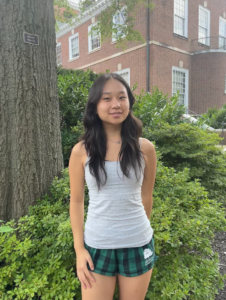 Englewood, NJ
Englewood, NJ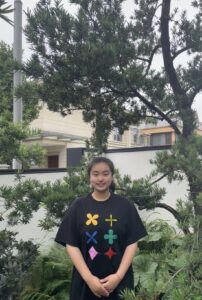 Ningbo, Zhejiang, China
Ningbo, Zhejiang, China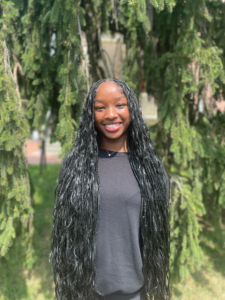 Willingboro, NJ
Willingboro, NJ Yardley, PA
Yardley, PA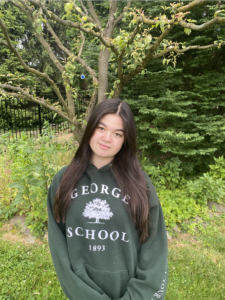 Newtown, PA
Newtown, PA Holicong, PA
Holicong, PA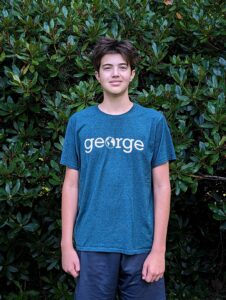 Newtown, PA
Newtown, PA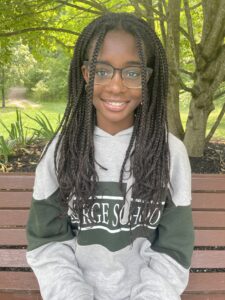 Hamilton, NJ
Hamilton, NJ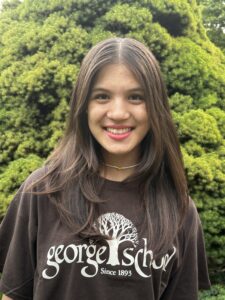 Yardley, PA
Yardley, PA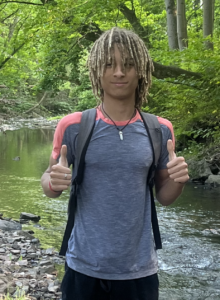 Lambertville, NJ
Lambertville, NJ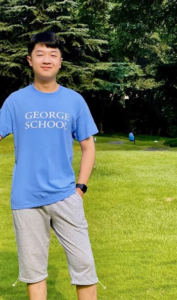 Chongqing, China
Chongqing, China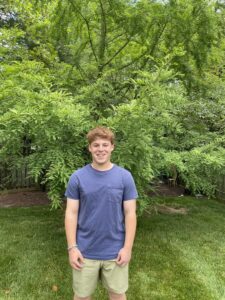 Pennington, NJ
Pennington, NJ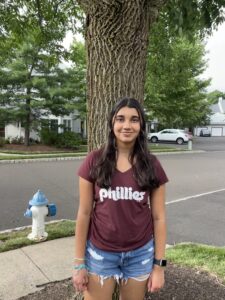 Yardley, PA
Yardley, PA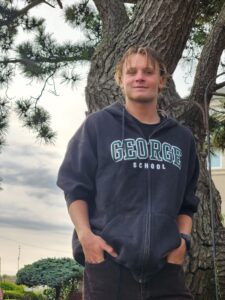 Bensalem, PA
Bensalem, PA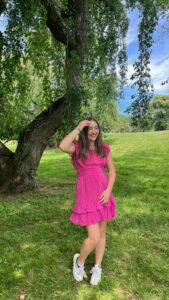 Borgota, Colombia
Borgota, Colombia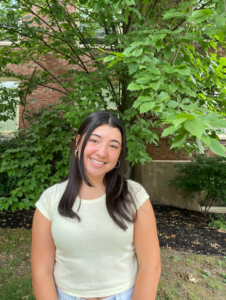 Newtown, PA
Newtown, PA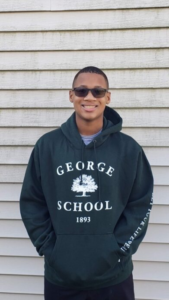 Burlington, NJ
Burlington, NJ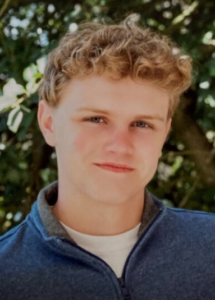 Langhorne, PA
Langhorne, PA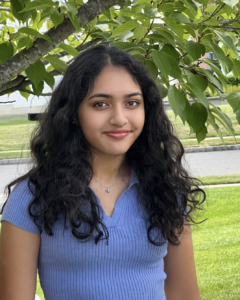 Princeton, NJ
Princeton, NJ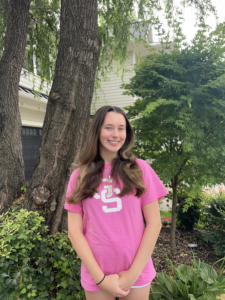 Langhorne, PA
Langhorne, PA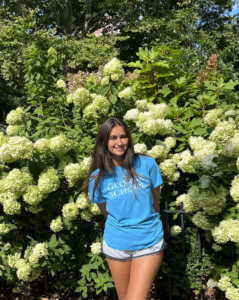 New York City, NY
New York City, NY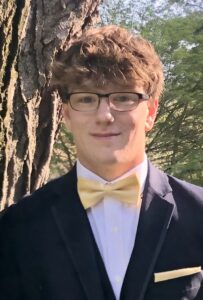 New Hope, PA
New Hope, PA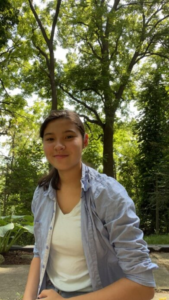 St. Catharines, Ontario, Canada
St. Catharines, Ontario, Canada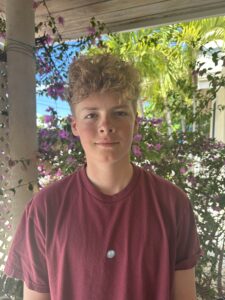 Providenciales, Turks and Caicos Islands
Providenciales, Turks and Caicos Islands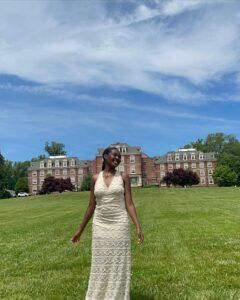 Willingboro, NJ
Willingboro, NJ Princeton, NJ
Princeton, NJ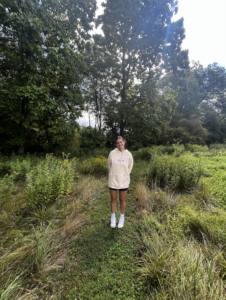
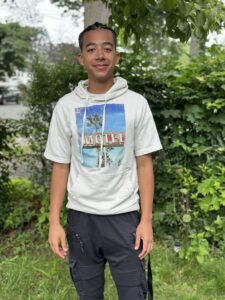 Newark, NJ
Newark, NJ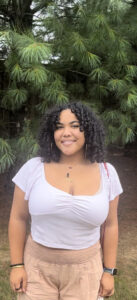 Trenton, NJ
Trenton, NJ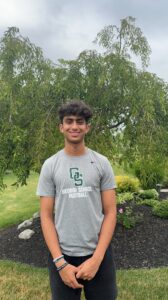 Newtown, PA
Newtown, PA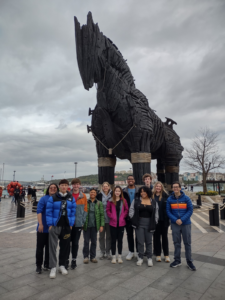
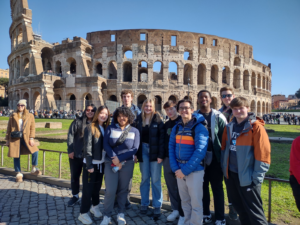
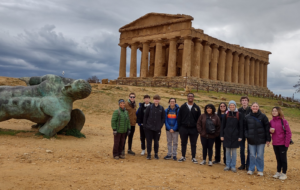
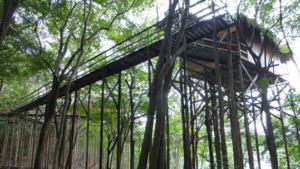

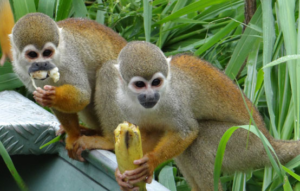

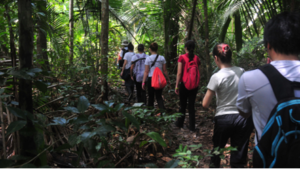
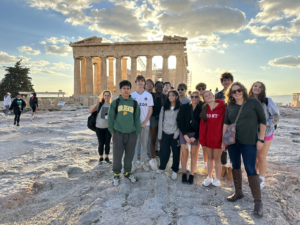
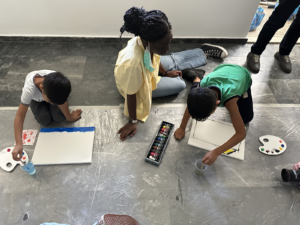
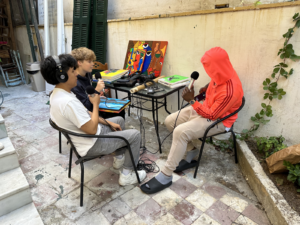
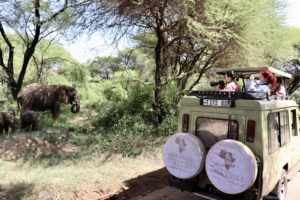
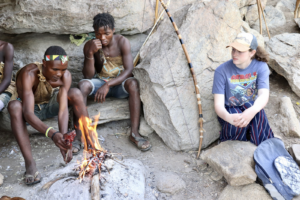
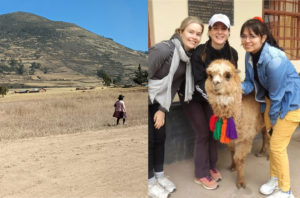
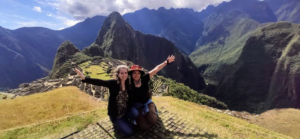


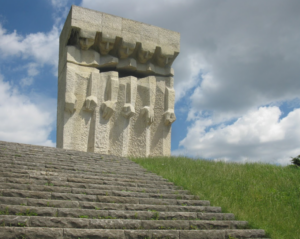
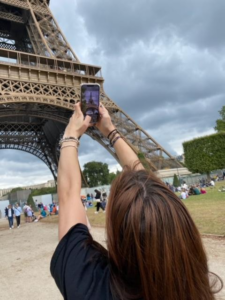
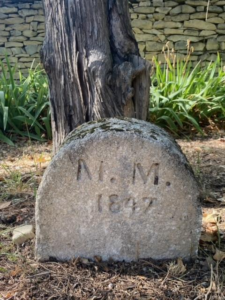
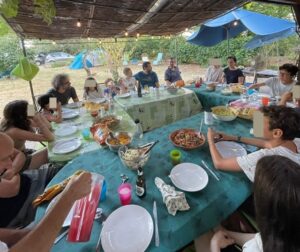
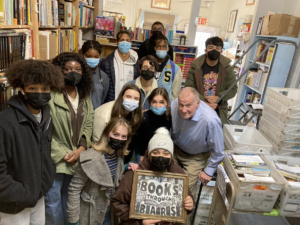
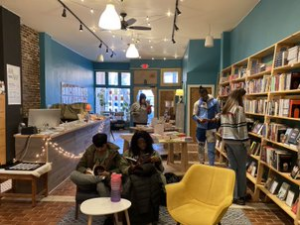
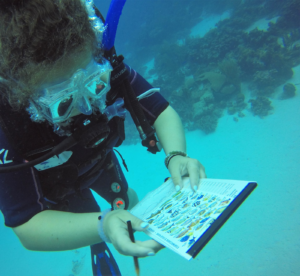
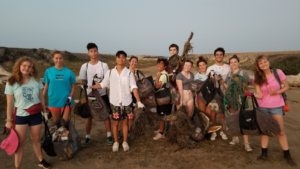
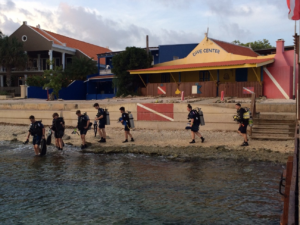
 Lawrence, NJ
Lawrence, NJ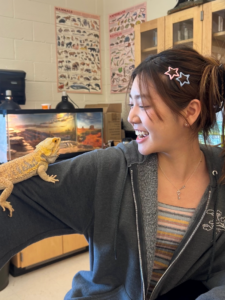 Seoul, South Korea
Seoul, South Korea
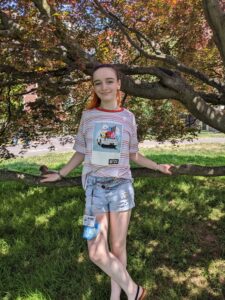 Milwaukee, Wisconsin
Milwaukee, Wisconsin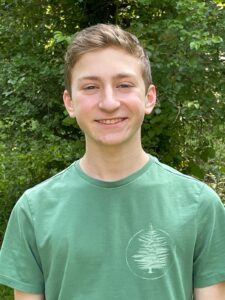 Pennington, NJ
Pennington, NJ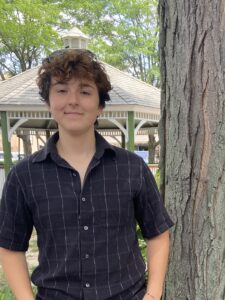 Jenkintown, PA
Jenkintown, PA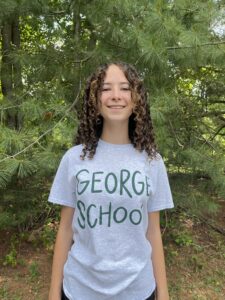 Ottsville, PA
Ottsville, PA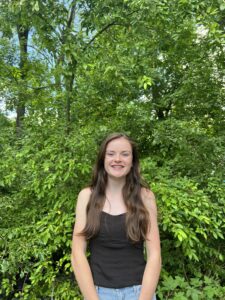 Yardley, PA
Yardley, PA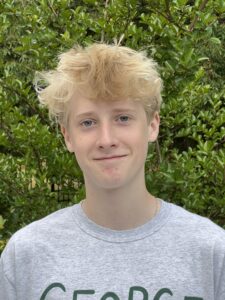 Providenciales, Turks and Caicos Islands
Providenciales, Turks and Caicos Islands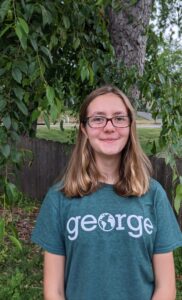 Hopewell, NJ
Hopewell, NJ
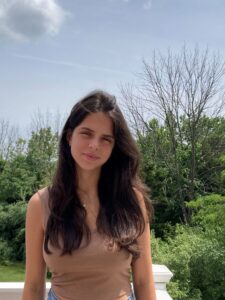 Pottstown, PA
Pottstown, PA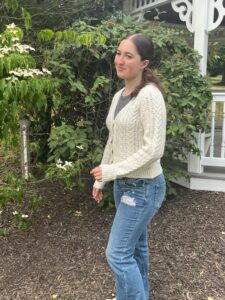 Playa del Carmen, Quintana Roo, México
Playa del Carmen, Quintana Roo, México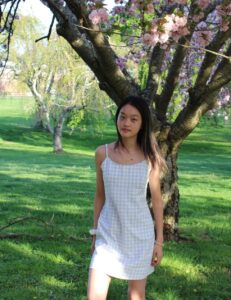 Shanghai, China
Shanghai, China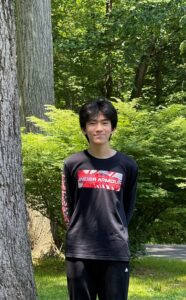 Beijing, China
Beijing, China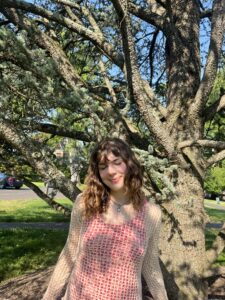 Yardley, PA
Yardley, PA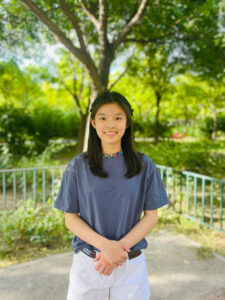 Beijing, China
Beijing, China Holland, PA
Holland, PA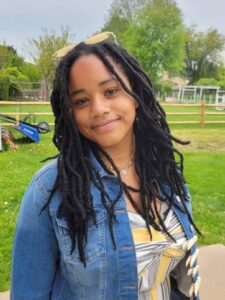 Langhorne, PA
Langhorne, PA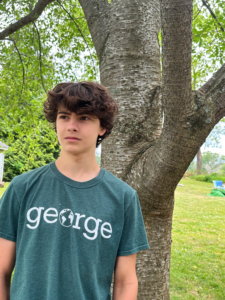 Ringoes, NJ
Ringoes, NJ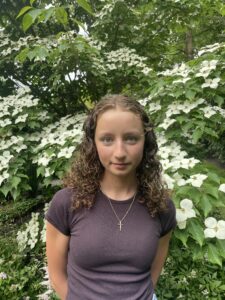 New Hope, PA
New Hope, PA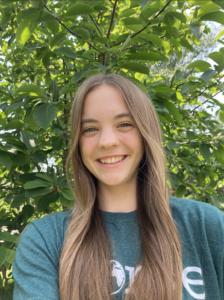 Dreshner, PA
Dreshner, PA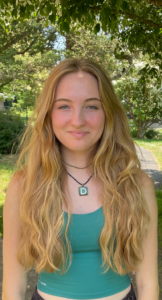 Yardley, PA
Yardley, PA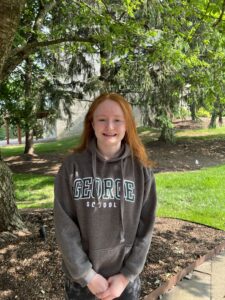 Yardley, PA
Yardley, PA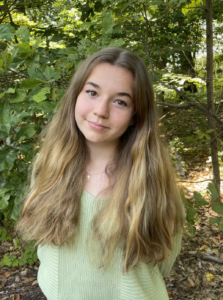 PA
PA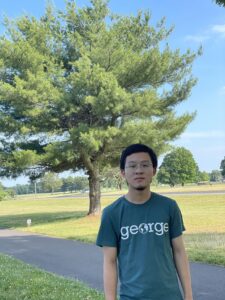

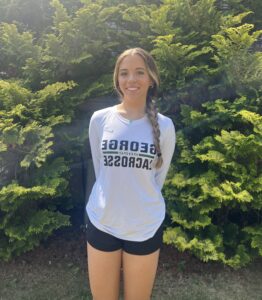
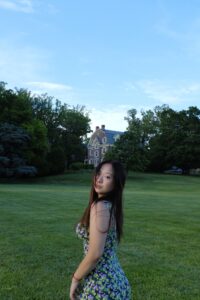 Xi’an, China
Xi’an, China